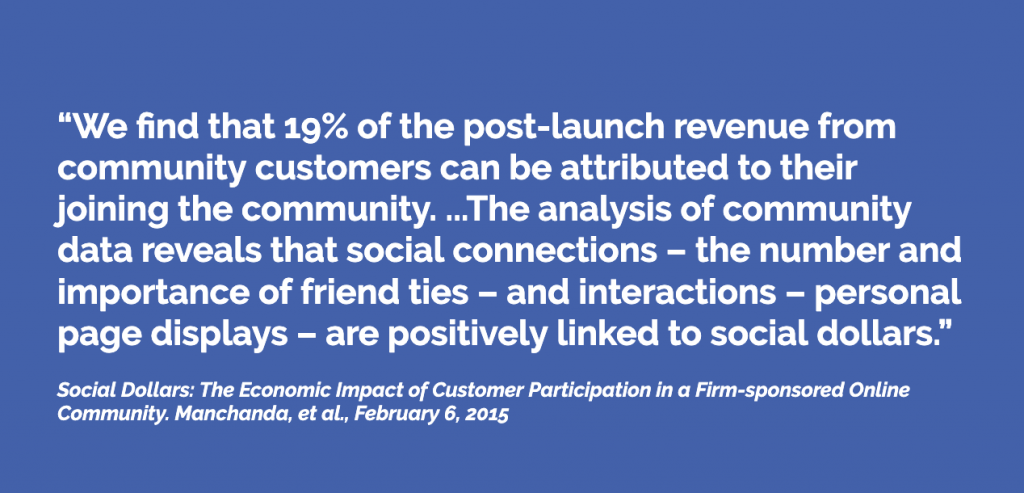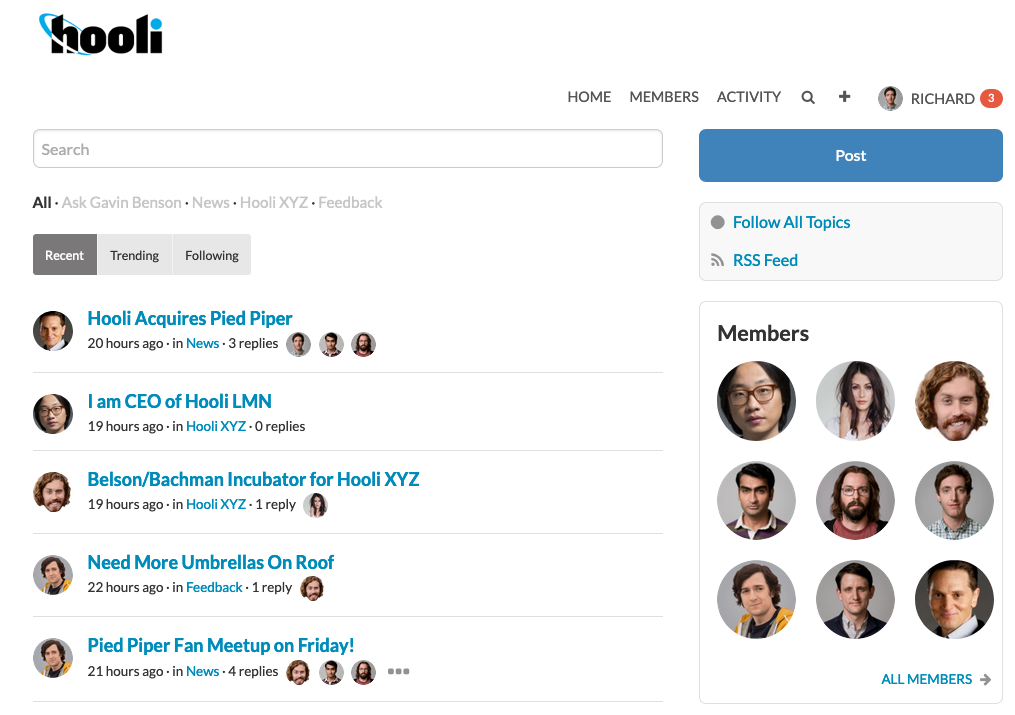By Wendy Dessler
One of the most challenging aspects of working in the tech industry is remembering the most important component of excellent performance: humanity. Software development is a great springboard for building competent, collaborative leaders when it’s done correctly.
The DevOps mindset brings different teams together to create a continuous workflow that thrives on human interaction. Here are some useful tips for developing great leaders through DevOps, as well as reasons why the human side of the tech world matters.
The Benefits of DevOps
DevOps brings development and operations teams together to create a unified system that allows businesses to get projects completed faster without sacrificing quality. In doing so, businesses ultimately improve their bottom line and make scaling more attainable.
Successfully implementing DevOps also benefits a business by:
- Improving cross-team functionality
- Improving flexibility and production speed
- Allowing for multiple projects to be handled at any given time
- Creating a culture of respect and collaboration
For the various benefits of DevOps to be achieved, businesses need to break down the barriers between Quality Assurance, Operations Management, and the core development team.
Traditionally, these different areas have been in silos– separated and isolated from one another. By breaking the barriers, businesses provide an opportunity for understanding and appreciation. In other words, some of the foundational qualities of excellent leadership.
Mentorship: A Benefit for Both Parties
A standalone benefit of focusing on the human side of DevOps is the potential for mentorship opportunities. This enhanced workflow creates opportunities for senior and junior team members to come together and learn from one another.
For example, a senior member of the team may have the opportunity to help a junior member with a challenge they’re facing. Alternatively, junior members provide the opportunity for developing critical thinking and problem-solving skills for senior members, and may even teach them new, updated skills.
Some organizations are even going as far as to have DevOps Dojos, to create a space for mentorship and the development of insightful, passionate leaders.
How to Implement DevOps: A Human-Centric Approach
Unfortunately, you can’t flick a switch and make DevOps work. It takes a lot of planning and change management to create a human-centric DevOps culture. Here are some important considerations when implementing DevOps.
Have the Right Tools
Implementing DevOps can be a challenge for all. Humans naturally resist change, preferring the comfort of a routine, even when the end-result of the change would be simpler. By having the right tools in place to support a collaborative environment, you simplify the road to DevOps.
One of the most important tools you can have in place when implementing the DevOps philosophy is powerful, streamlined project management software. While nothing will ever compare to the visual of a well laid-out whiteboard, having cloud-based project management ensures everyone is up to date, no matter where they are.
Logging services can also streamline DevOps efforts and create a virtual map of what’s happening in the system; you can visit the Papertrail website to learn more about this process.
Transparency Matters
When implementing DevOps, it’s important for all members of the team to know what is happening and when regardless of the hierarchy. Share successes and failures, challenges, and solutions. Create a safe platform for everyone to be heard and ensure that all questions are eventually answered.
There’s a lot of concern surrounding job losses when DevOps is put in place, as automation plays such a key role. Be sure to address these concerns early and nip employee discontent in the bud.
Make the Business Fit the Format
Trying to make DevOps fit your current business, rather than the other way around, is a recipe for disaster. It’s essential for key stakeholders to be involved in the DevOps implementation process, as it might cause widespread disruptions and restructuring. The more buy-in from the executive team and management, the more effective the result will be.
Focus on Human Development
Empower your people to take an active part in making the changes. Present opportunities to take ownership of various tasks and develop their skills. For some, the implementation of DevOps could present a stepping stone into a leadership position.
Before and during the implementation process, take time to assess people individually and talk to them about their goals. Collect their insights and work with them to create a positive environment that promotes respect and teamwork, as these are more important than the technical components for making DevOps work.
Prioritize Cybersecurity
Ensuring that your business is kept secure for every step of the way is essential when implementing DevOps. It should be addressed early on before changes are implemented.
Consider who needs access to what, and what areas of the infrastructure should be limited. Work these security considerations into any restructuring efforts. While tools like access rights management and logging are great solutions to many of the cybersecurity problems, it’s important to think about the various areas that need to be addressed before choosing the approach that works for your organization.
Remember Your People
While implementing the DevOps philosophies, automating processes, and streamlining business efforts to improve the bottom line, it’s important not to lose sight of what matters the most: your people.
By focusing on the human side of software development, you can create a positive workplace culture that cultivates great leaders and ensures the business’s continuity for years to come.
About the Author: Wendy Dessler frequently writes about the latest advancements in tech and digital marketing. She currently focuses on helping SaaS businesses create a better world for our kids.
Photo by Perry Grone on Unsplash



